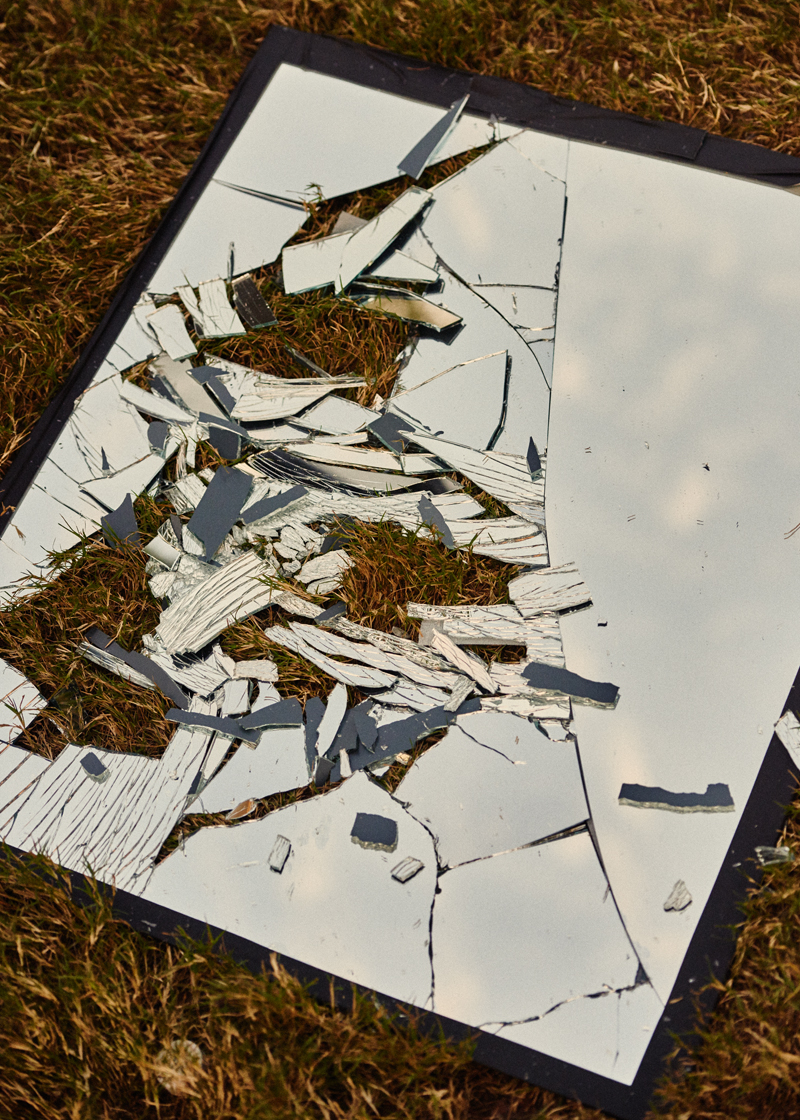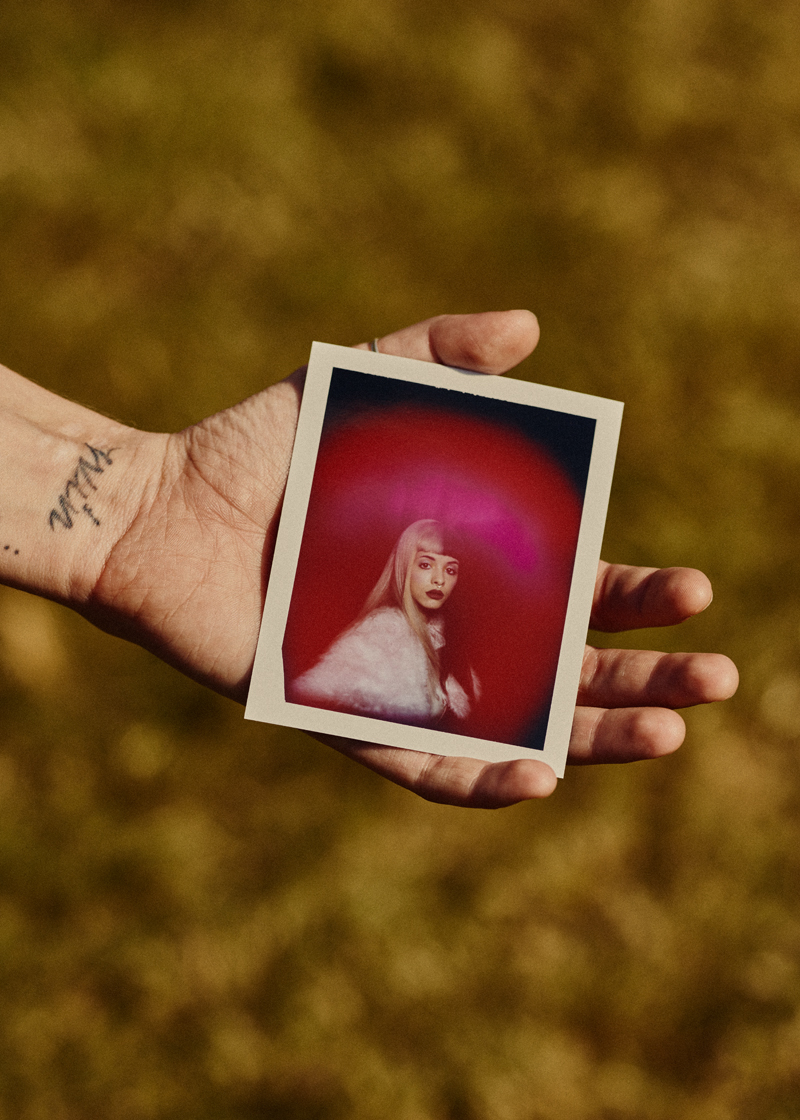 interview / Erica Hawkins
interview / Erica Hawkins
portraits / Jimmy Kim
polaroid above courtesy of Mood by Moss
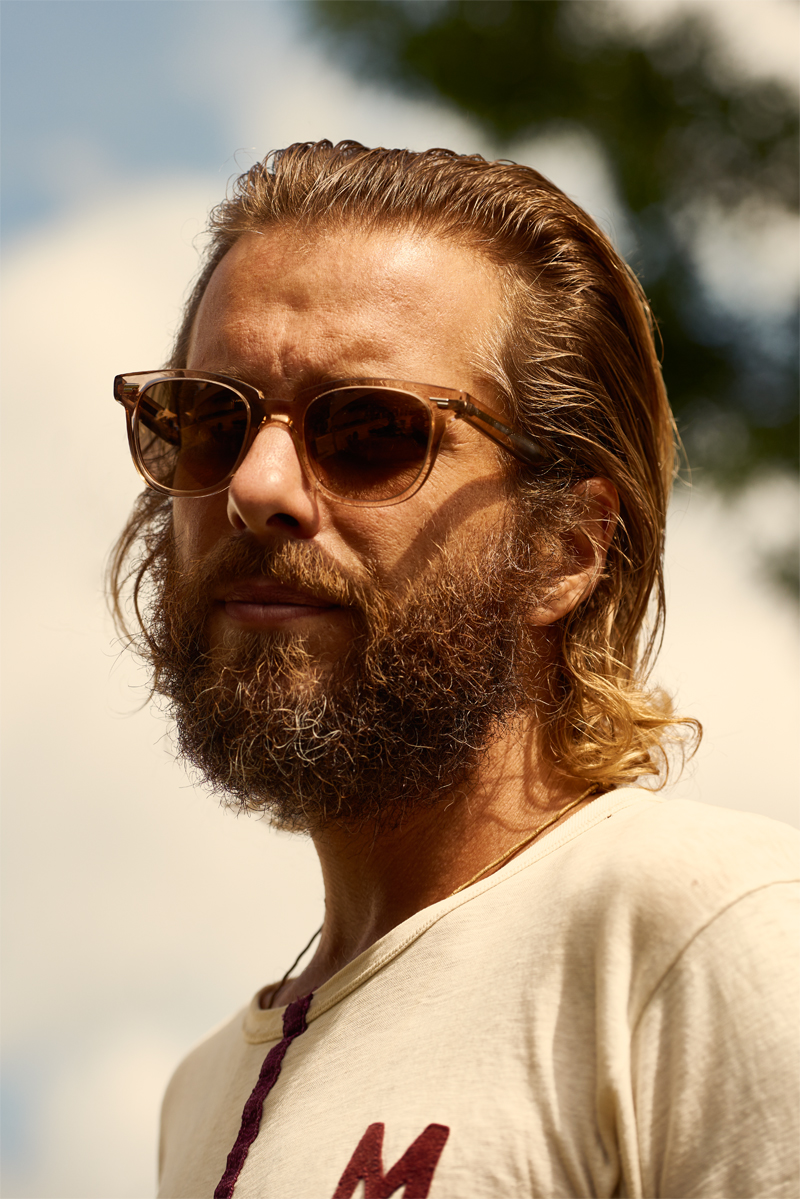 Aaron Bruno of Awolnation on what influences are to blame for creating music that transcends genres:
Aaron Bruno of Awolnation on what influences are to blame for creating music that transcends genres:
“I’ll blame that on the times I started making these songs. It finally seemed possible with not only technology but where I was at in my career and where my musical mind was at. I listened to so many different genres of music from obviously hip hop, pop, all the classics, to all different elements of art, and film of course. In my day to day life I live two lives, I’m half a surfer, that’s my main care in the world, and I’m half a songwriter. I think I became ready and able with engineering and producing to just put it all together, and people were ready for that.”
 Grace Mitchell on being 19 years old and navigating the music industry:
Grace Mitchell on being 19 years old and navigating the music industry:
“I think it can be a hindrance in the way some people who are ignorant won’t be as inclined to take you seriously and it can also be really helpful and be a benefit in the way that things happen early on so I get to experience more of the progression of developing my sound than someone who is coming in later in life. Not to say that people later in life can’t make music and have it be a fluid process, but right now I feel like I’m doing all these things at a young age that will continue to happen and I’m just really excited to see that build.”
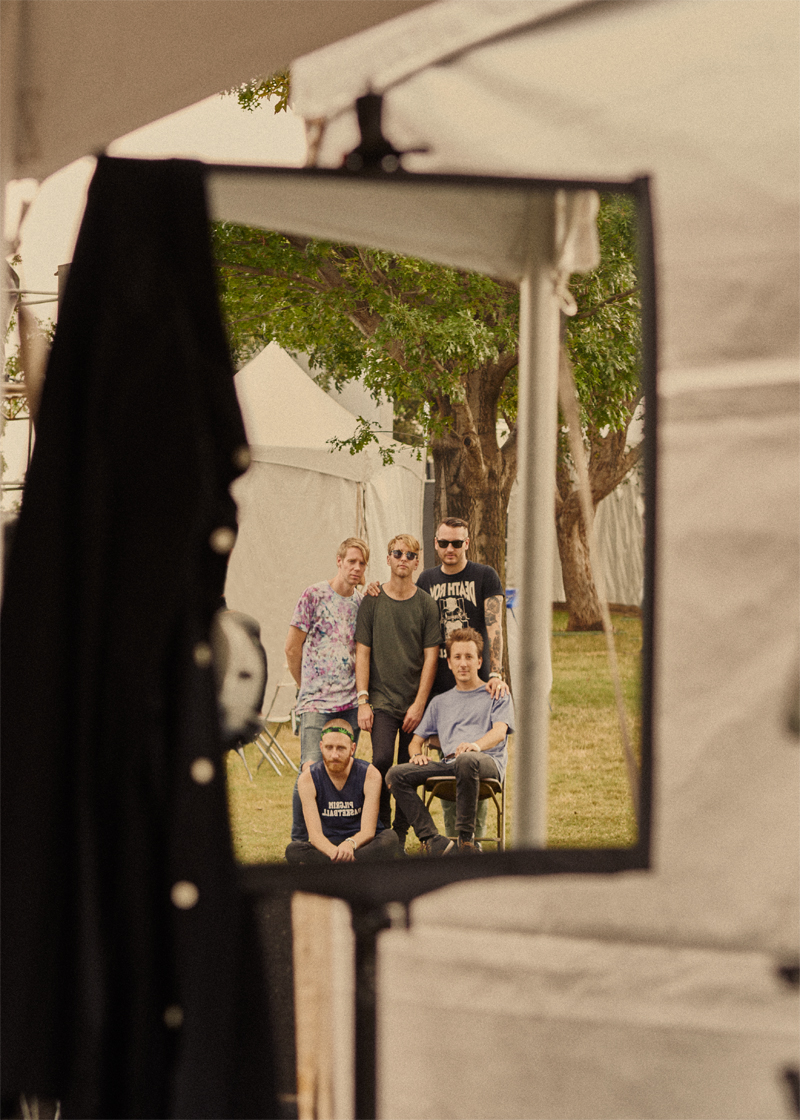 Ted Feldman of Bear Hands on the perks of playing in small intimate venues versus festival shows:
Ted Feldman of Bear Hands on the perks of playing in small intimate venues versus festival shows:
“I think we realized recently that we prefer a variety; to switch it up. If we can do one one day and one the next day that would be ideal, but I think a small venue that’s packed and sweaty and with people up close is probably the ideal way to see and play a show.”
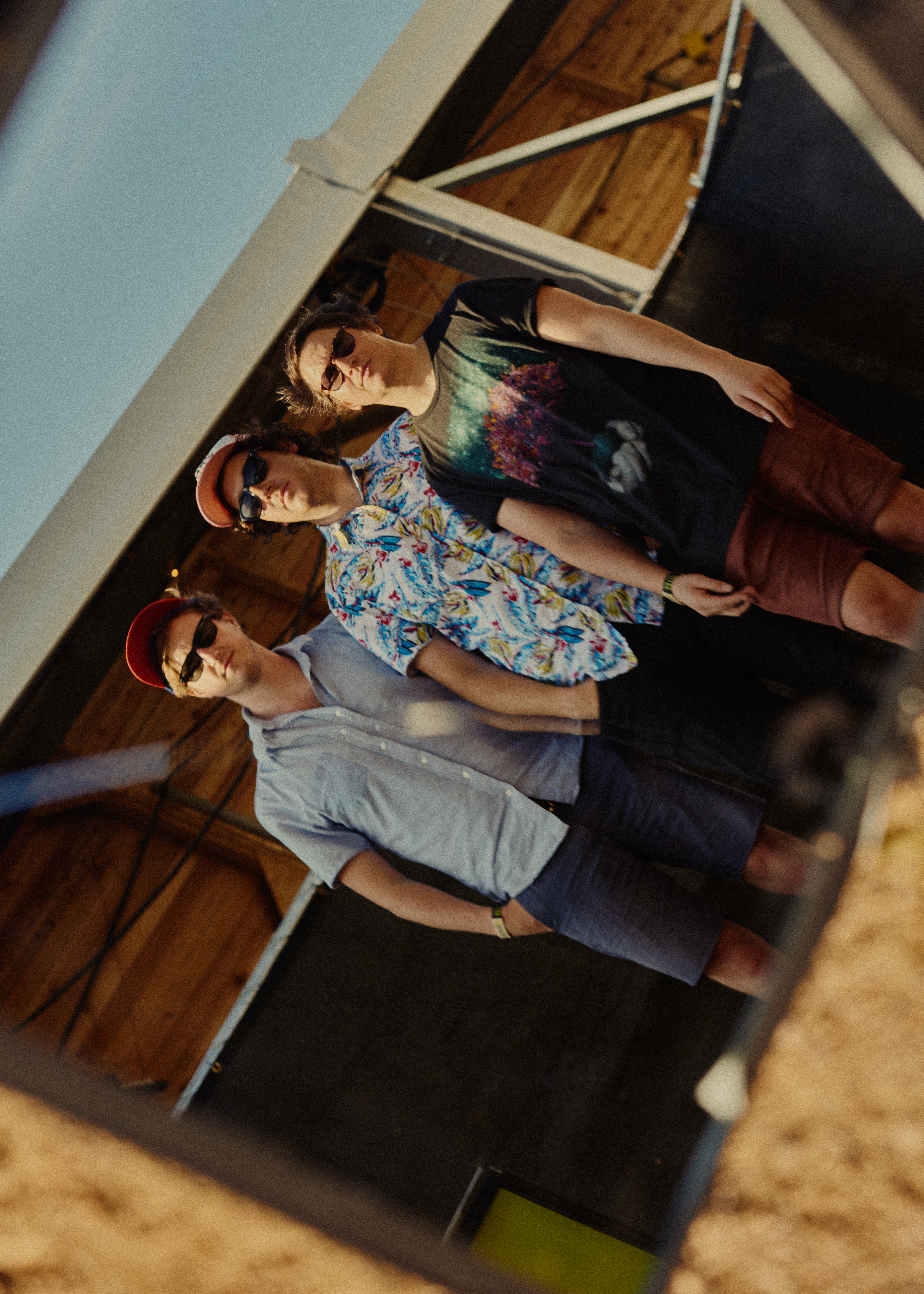 Dan Haggis of The Wombats on the difference of UK music festivals and US festivals:
Dan Haggis of The Wombats on the difference of UK music festivals and US festivals:
“I guess for us we’re sort of in a different stage in our careers in a way. So over here we’re still trying to convince everyone, and in the UK there are a bit more people singing along. We still obviously give it everything, but we don’t have to work quite as hard to get everyone to sing along. So the goal is to get America to that same place.”
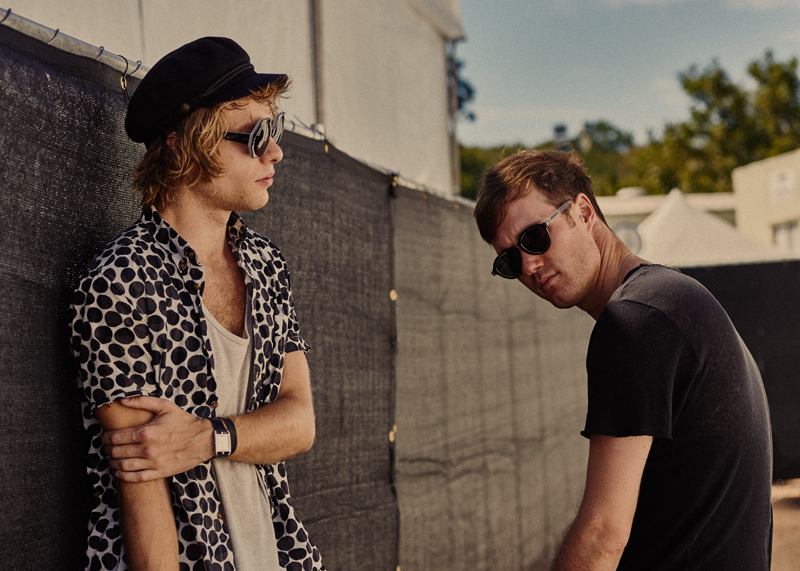 Tom Howie of Bob Moses on generating the lyrical depth to attract non-electronic fans:
Tom Howie of Bob Moses on generating the lyrical depth to attract non-electronic fans:
“With music, and lyrics specifically, you can read lyrics on a page and they can be great but then once you couple them with music they can be very striking and you can make people feel like ‘whoa I didn’t think about life like that before.’ There’s a philosophical bent to the potential of what you can do with a written song and lyrics. It’s like a desire for what we want to create.”
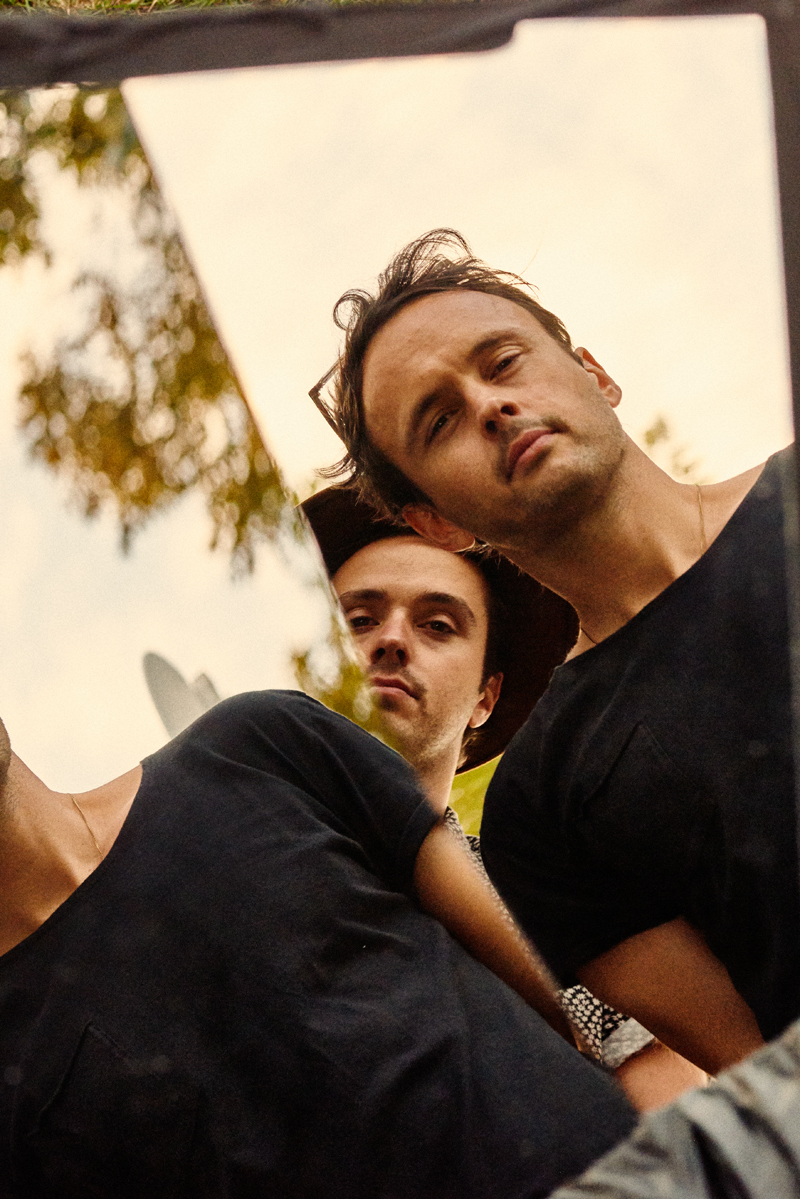 Keith Jeffery of Atlas Genius on the coordinated chaos of life on the road:
Keith Jeffery of Atlas Genius on the coordinated chaos of life on the road:
“I think that what I enjoy the most is the constant stimuli. As a musician, you have no structure in your life. As a creative person, if you’re not touring it’s your own schedule and I’m terrible at my own schedule. As a person whose every waking moment is ‘how do I create’ you can get lost in your own head and touring and having the schedule of being – ok today we’re in Austin, tomorrow we’re in Los Angeles, it’s enforced schedule on us and having that schedule combined with what we do on stage or in the studio, provides a happy balance in my life personally.”
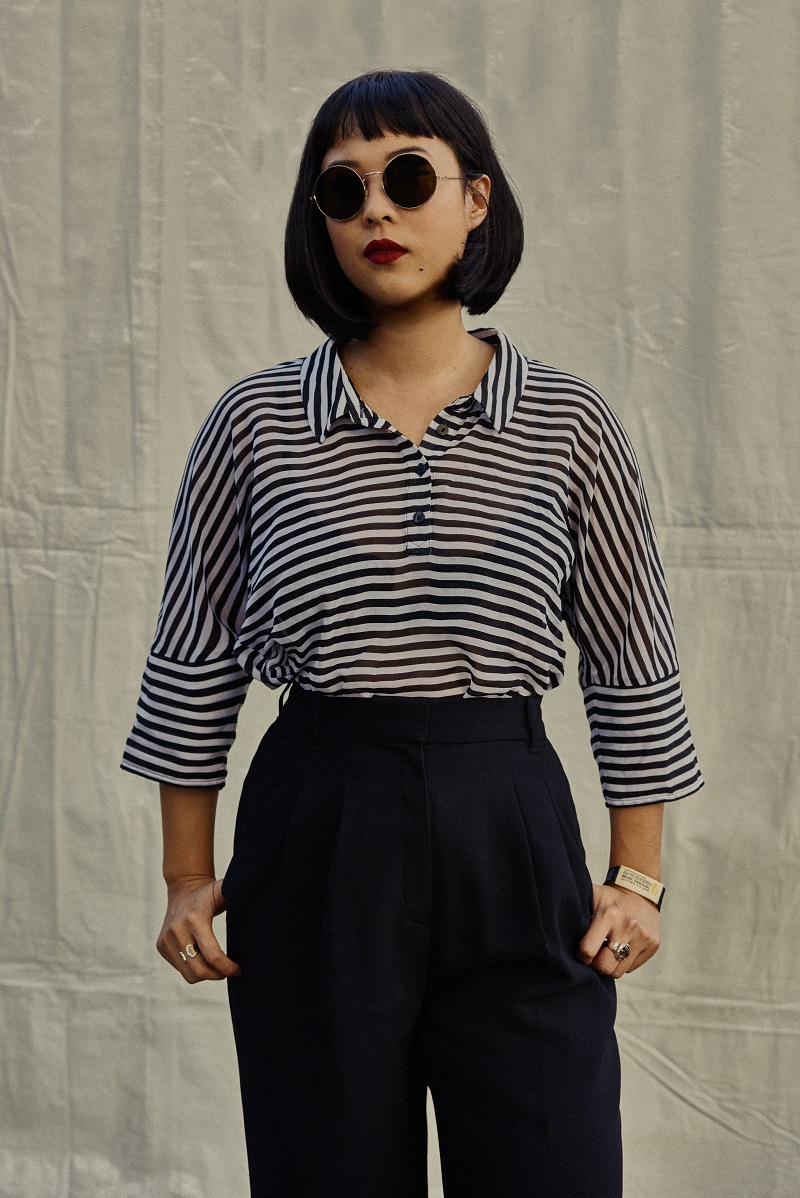 Alisa Xayalith of The Naked and Famous on the cathartic power of music:
Alisa Xayalith of The Naked and Famous on the cathartic power of music:
“I think for me music is very cathartic. I find solace in listening to music. I think the great thing about music is it’s a form of escapism, if people can escape when they listen to music I think it’s doing its job. Music is my lifeline, and it’s how I express myself, and it’s how I let things out, and when I perform I feel like I’m leaving everything out on the stage, so it’s a huge experience for me.”
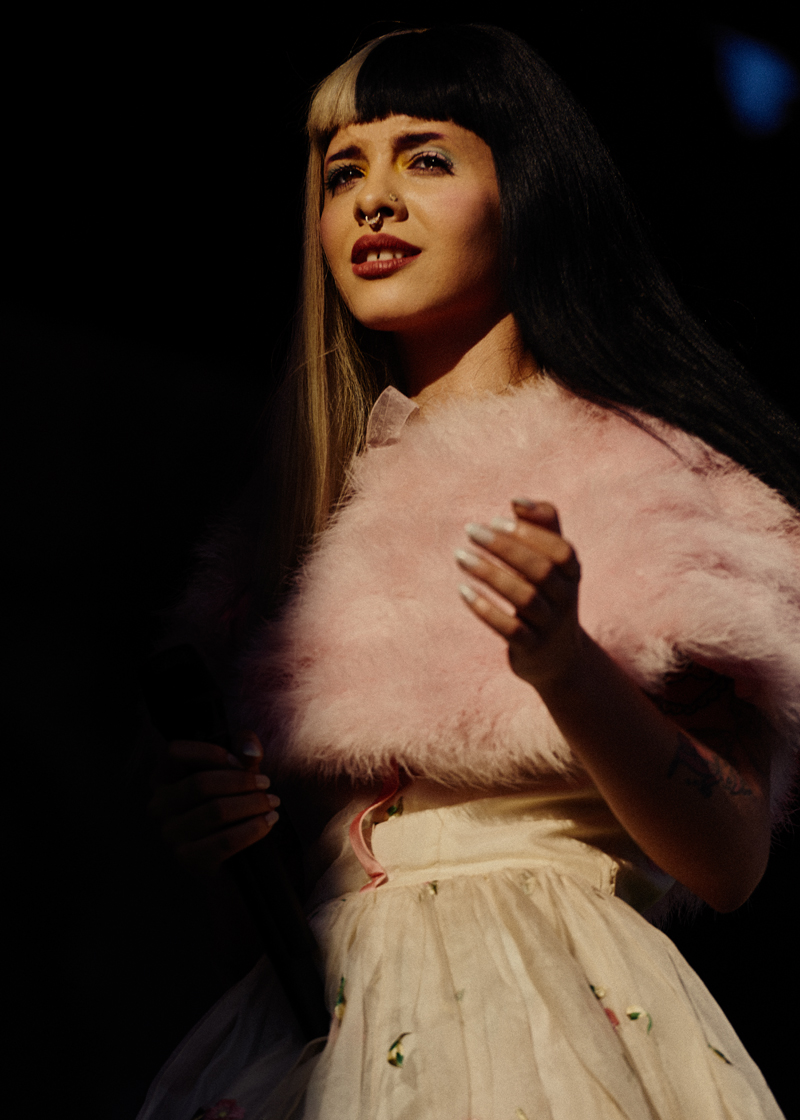 Melanie Martinez on embracing vulnerability through her music:
Melanie Martinez on embracing vulnerability through her music:
“It feels good. I’m still growing. Every day I’m still learning more about myself. I still cry every single day, I’m very emotional. Writing music and creating, making music videos, painting, anything that is making something from nothing I think that helps me kind of express how I feel and get all of my negative feelings that I have out, it’s like therapy almost. I think music has definitely helped me grow and learn about myself.”
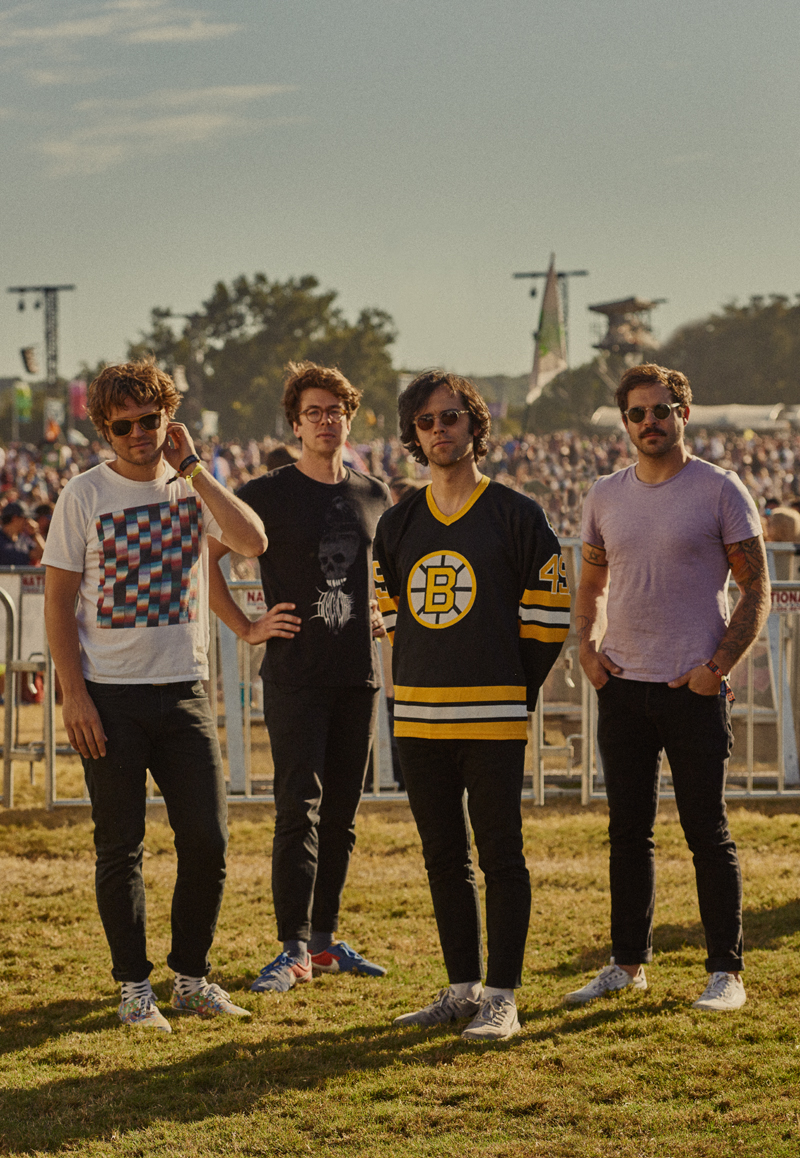 Mathieu Santos of Ra Ra Riot on not creating the same thing twice:
Mathieu Santos of Ra Ra Riot on not creating the same thing twice:
“That’s a lot easier maybe than it sounds because we have the luxury of never being too widely successful where we were pigeonholed. I understand that happens too, you get a certain level of success and you want to sustain and replicate it. With us, we’ve always relied on our instincts and sensibilities. With so many people in the band, everyone in the band has different sensibilities and everyone is bringing new ideas to the table. We’ve always allowed ourselves to grow and indulge those new ideas that we have.”
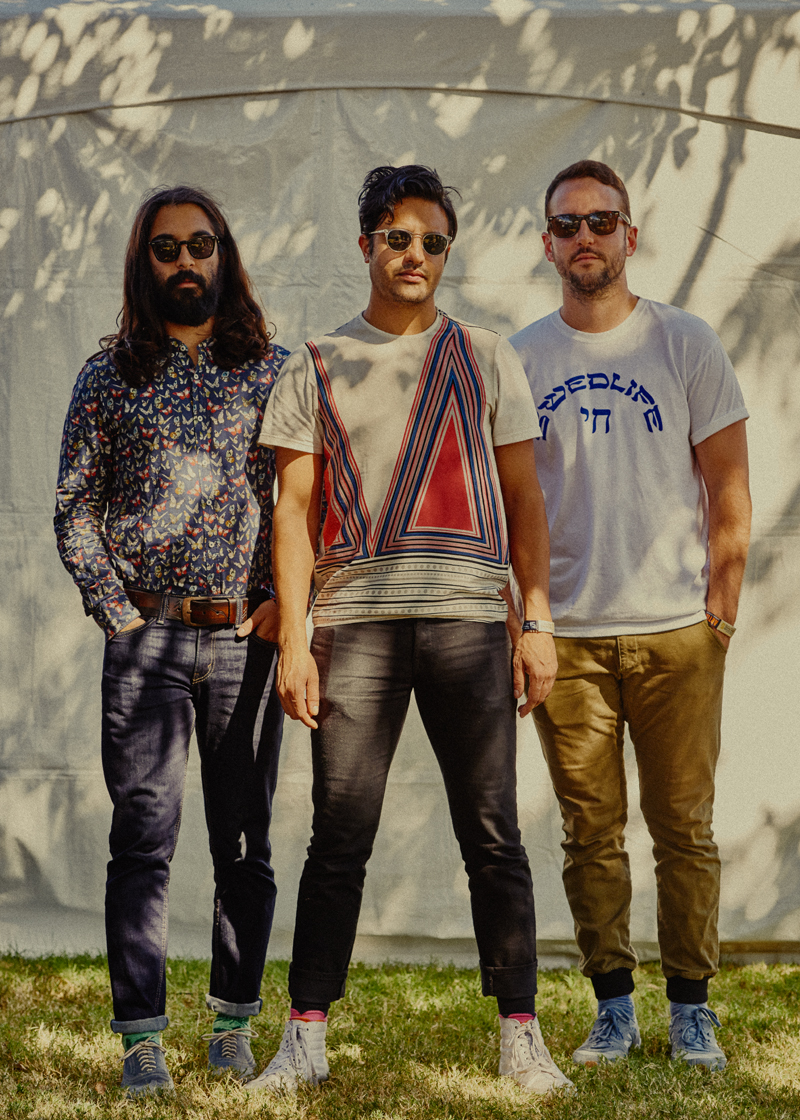 Sameer Gadhia of Young the Giant on not fitting into the “American band” paradigm:
Sameer Gadhia of Young the Giant on not fitting into the “American band” paradigm:
“There’s a part of music regardless of what it is that has vulnerability to it. This record for us, more than any other, is kind of a back story of our parents and where we come from and where we see ourselves fitting in the American paradigm. It’s cool to see so many people resonating with that story, people from different cultures being able to come here and celebrate their differences is something that has been extremely personal for us as well. We’ve never really talked about the differences between us and normal American bands. We’re all from different places and that plays into who we are and it’s exciting to be that honest with people.”
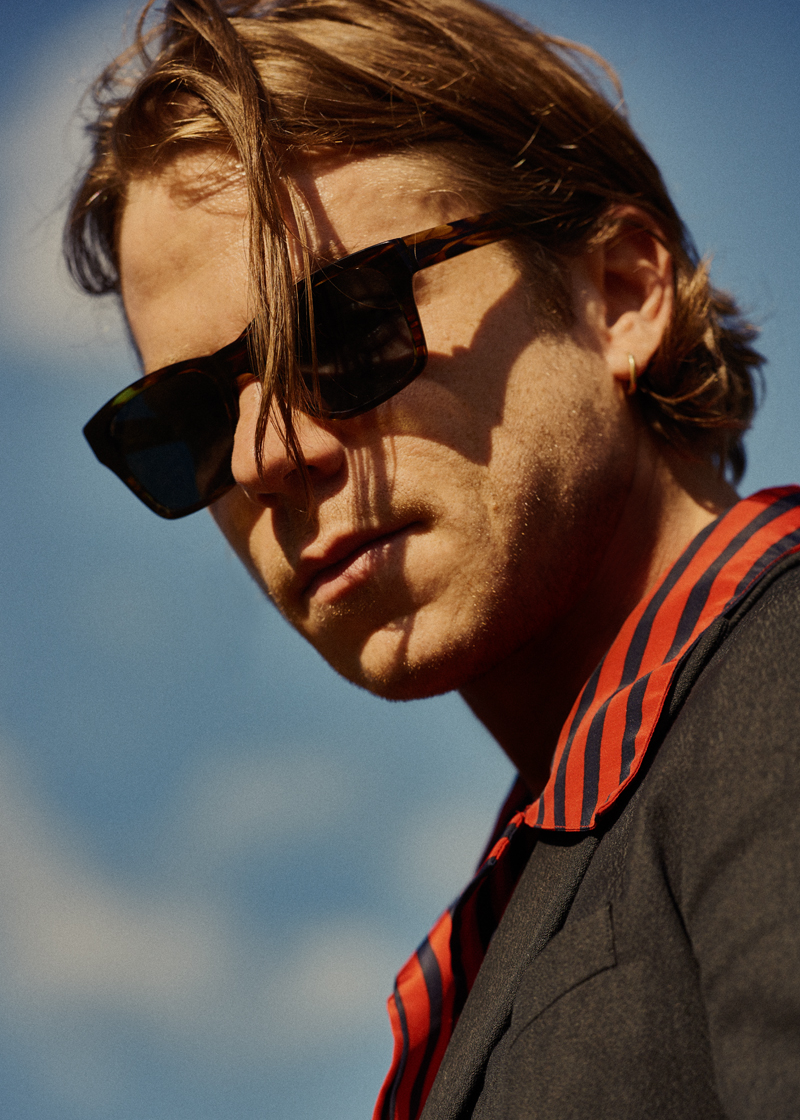 Matt Shultz of Cage The Elephant on unshrouding rock personas:
Matt Shultz of Cage The Elephant on unshrouding rock personas:
“I just started realizing that the potency of the material tended to be stronger the more we were peeling back the layers of the onion, and also I felt like a lot of the creative baggage that we picked up over the years just kind of based on persona or on what to do or what not to do was holding us back as writers and exploring areas that made us feel uncomfortable. I think it’s really important for artist to get in places that make them feel vulnerable.”
